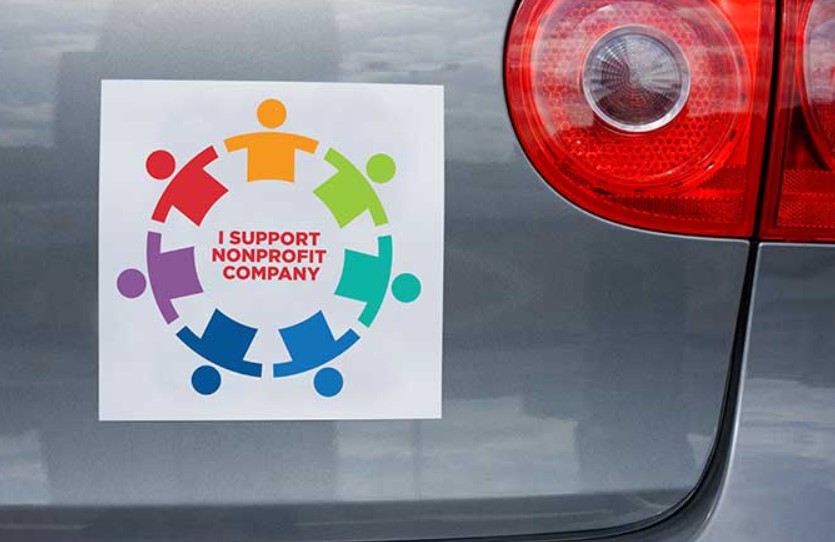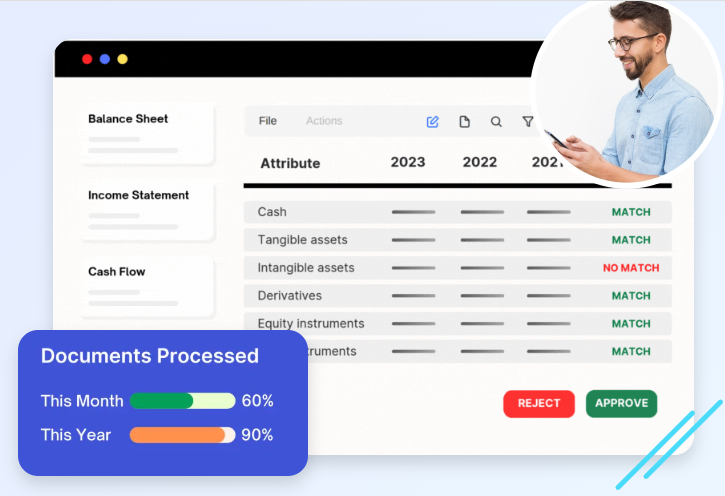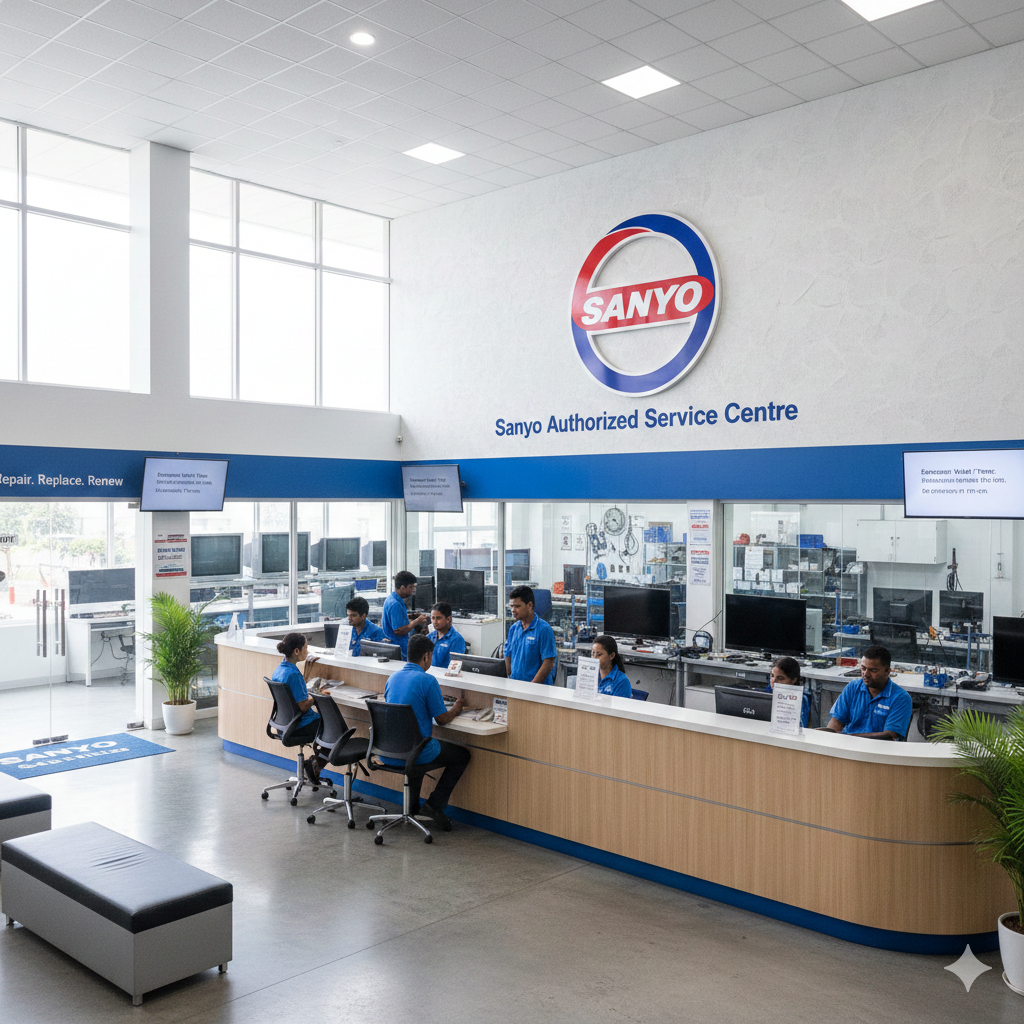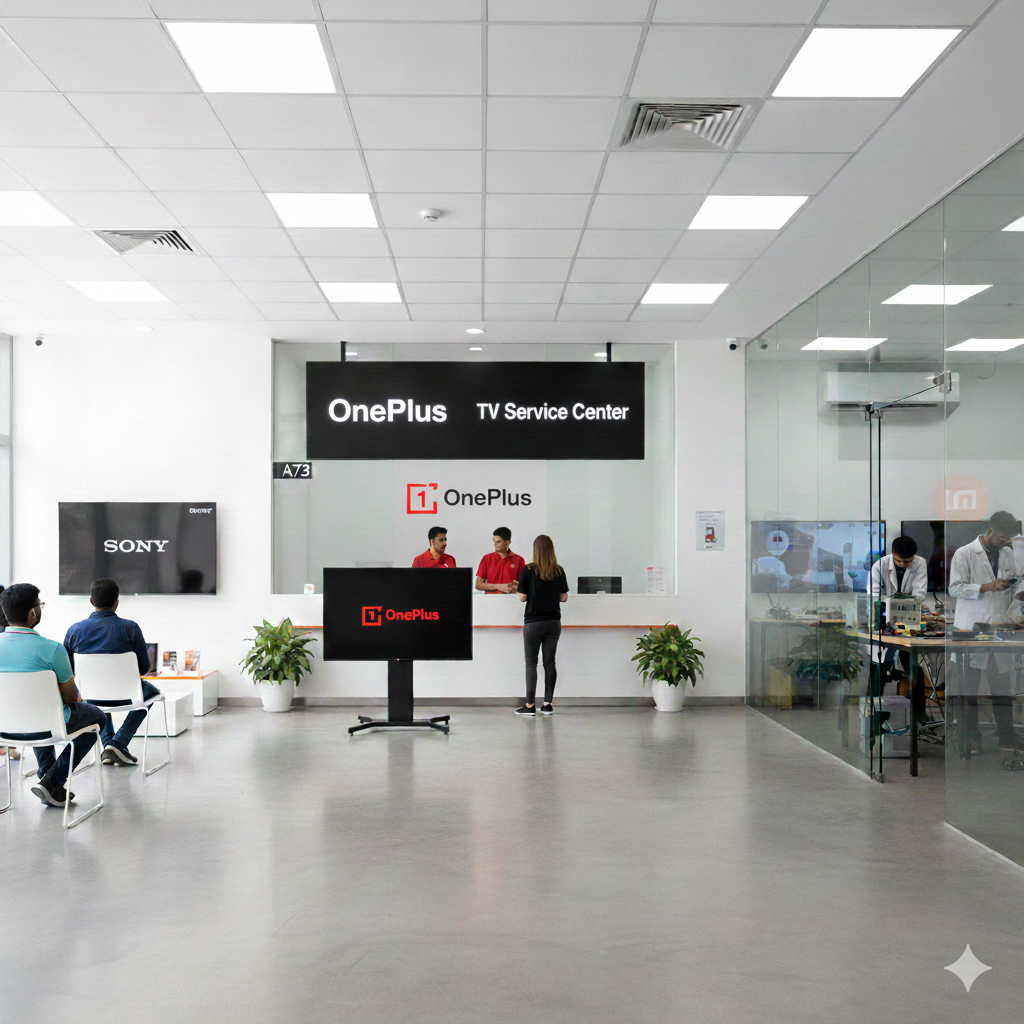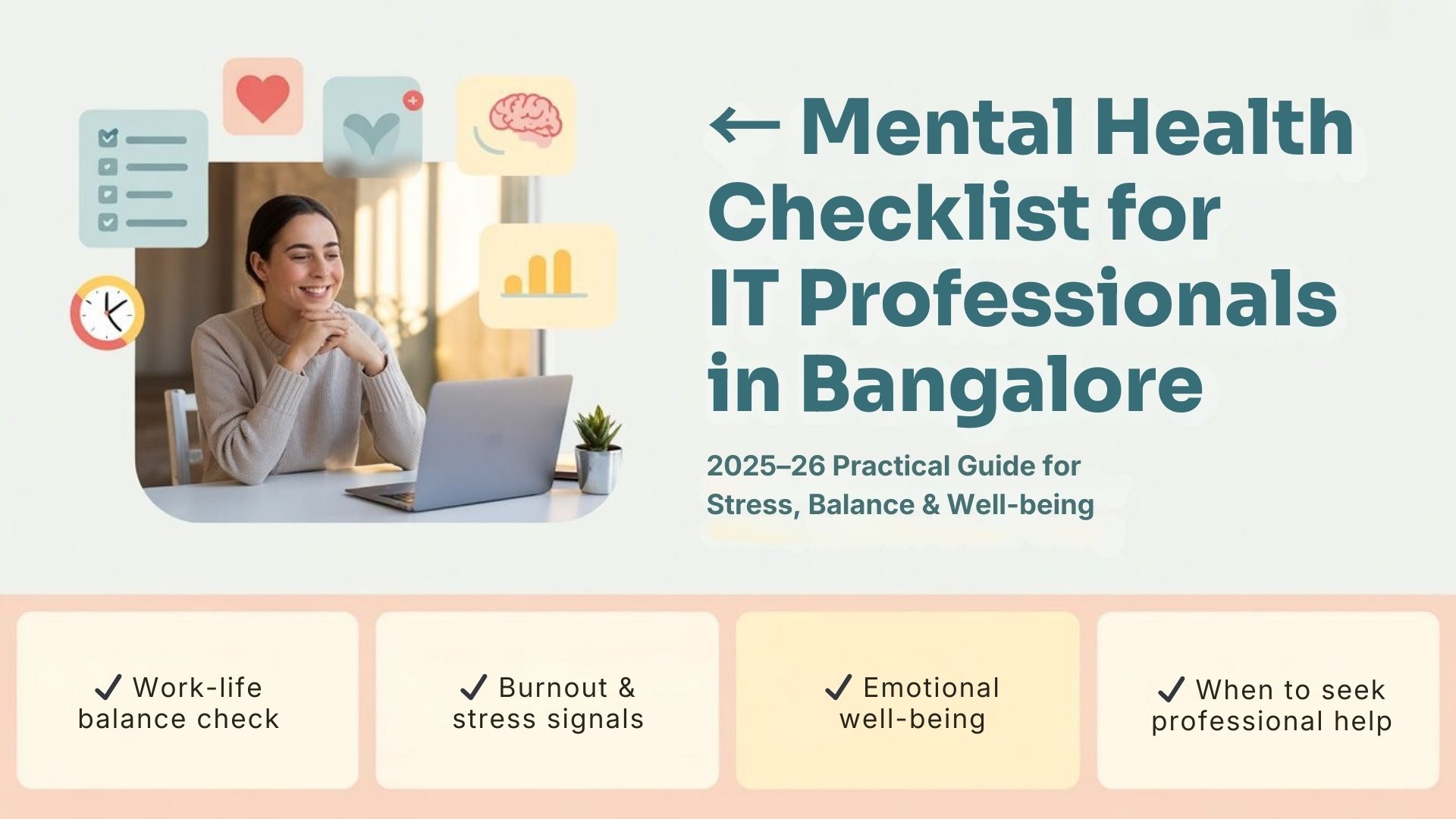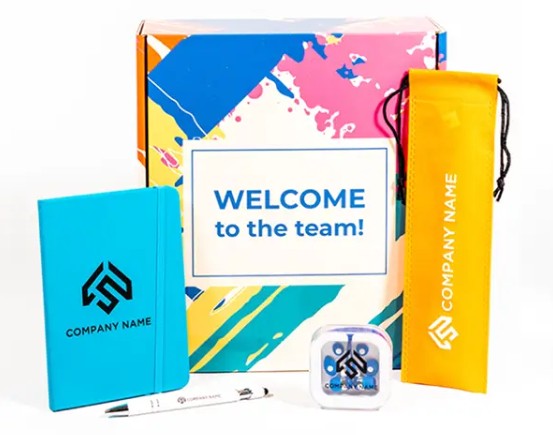Why Soft Skills Matter More Than Ever in Customer-Facing Roles

In today’s dynamic business environment, customer expectations are constantly evolving. They no longer judge a brand solely on the quality of its products or services but also on how they are treated during interactions. Whether it is a retail associate, a hotel receptionist, a call center agent, or a sales executive, customer-facing professionals form the first line of connection between a company and its clients.
While technical expertise and industry knowledge remain important, organisations are increasingly realising that soft skills in hiring are the true differentiators in customer-facing roles. The ability to empathize, communicate clearly, resolve conflicts, and build trust can transform casual buyers into loyal customers. In fact, businesses that prioritise soft skills often experience higher customer satisfaction, better employee retention, and a stronger brand reputation.
This article explores why soft skills are more critical than ever, how they directly impact customer-facing roles, and the role of Hospitality Placement Consultants in helping companies recruit candidates with the right interpersonal skills.
The Shift in Workplace Priorities
For decades, hiring decisions were dominated by hard skills—degrees, certifications, and technical know-how. However, as industries have become increasingly service-oriented, the emphasis has shifted toward people skills.
Customer-facing roles demand more than efficiency; they require emotional intelligence. A customer who feels heard and understood is far more likely to recommend a brand than one who simply receives fast service. This is why businesses now place as much weight on communication and empathy as they do on technical qualifications.
Moreover, in a world where AI and automation are handling repetitive tasks, human-centred skills like persuasion, conflict resolution, and cultural sensitivity have become the ultimate competitive advantage.
Key Soft Skills That Drive Success in Customer-Facing Roles
-
Communication Skills
Clear and respectful communication lies at the heart of every customer interaction. Employees who can explain solutions, address queries, and provide updates in a simple and friendly manner create positive experiences that foster trust.
-
Empathy
Empathy allows professionals to put themselves in the customer’s shoes. By acknowledging emotions and responding with genuine concern, employees can transform potentially negative situations into opportunities for building stronger relationships.
-
Adaptability
Customer-facing roles often involve unpredictable situations. From handling complaints to accommodating last-minute changes, adaptable employees can stay calm under pressure and ensure seamless service.
-
Problem-Solving
Quick and effective problem-solving is essential when dealing with customer grievances. Employees who can think critically and provide solutions demonstrate both competence and care.
-
Teamwork and Collaboration
Customer experience often depends on seamless coordination between multiple teams. Strong collaboration ensures customers never feel the burden of internal mismanagement.
-
Emotional Intelligence
The ability to manage one’s own emotions and understand others’ is vital in roles that involve constant human interaction. Emotional intelligence improves conflict resolution and boosts customer satisfaction.
Why Soft Skills Outweigh Hard Skills in Customer-Facing Roles
While hard skills can be taught through training programs, soft skills are often deeply rooted in personality and mindset. This is why organizations are increasingly valuing them in their hiring criteria.
For example, in the hospitality industry, a guest may forgive a small delay in service if the staff handles the situation with politeness and empathy. On the other hand, flawless technical execution without courtesy often leaves customers dissatisfied.
Soft skills not only affect immediate customer satisfaction but also influence long-term brand loyalty. They drive word-of-mouth recommendations, online reviews, and repeat business—all critical factors in today’s competitive marketplace.
Role of Placement Consultants in Identifying Soft Skills
Recruiting candidates with the right blend of hard and soft skills is no easy task. While resumes and certifications can showcase technical qualifications, identifying traits like empathy, adaptability, and communication requires deeper evaluation.
This is where Placement Consultants play a vital role. With their expertise in screening and assessing candidates, they ensure businesses hire professionals who can excel in customer-facing environments.
Specialised Hospitality Placement Consultants are particularly adept at evaluating interpersonal skills that are essential in industries such as hotels, travel, and tourism. They use behavioural interviews, role-play scenarios, and psychometric assessments to identify candidates who can handle customer interactions with grace and confidence.
By leveraging these consultants, businesses save time, reduce turnover, and secure employees who enhance customer experiences from day one.
The Growing Importance of Soft Skills in the Digital Age
As technology continues to evolve, the human touch has become even more significant. Chatbots and AI tools may handle routine queries, but customers still seek meaningful human interactions when it comes to complex issues or emotional situations.
Soft skills bridge this gap. They ensure that even in a digital-first world, customers feel valued and respected. Companies that fail to prioritise soft skills in hiring risk creating a transactional experience that alienates their audience.
Furthermore, remote and hybrid workplaces have underscored the importance of skills such as communication, collaboration, and adaptability. Employees now interact with customers across digital platforms, where tone, clarity, and responsiveness are even more critical.
Conclusion
Customer-facing roles have always been central to business success, but in today’s experience-driven economy, they carry even greater weight. The right set of soft skills can turn ordinary service into memorable experiences that drive loyalty and advocacy.
Businesses that recognize the value of soft skills in hiring and partner with experienced Hospitality Placement Consultants position themselves for long-term success. By prioritising empathy, communication, and adaptability, they not only meet but also exceed customer expectations, cementing their brand’s reputation in a competitive marketplace.
Ultimately, soft skills are no longer optional—they are essential. And for companies seeking to thrive, hiring for them is the smartest investment they can make.


 English
English 



















































































